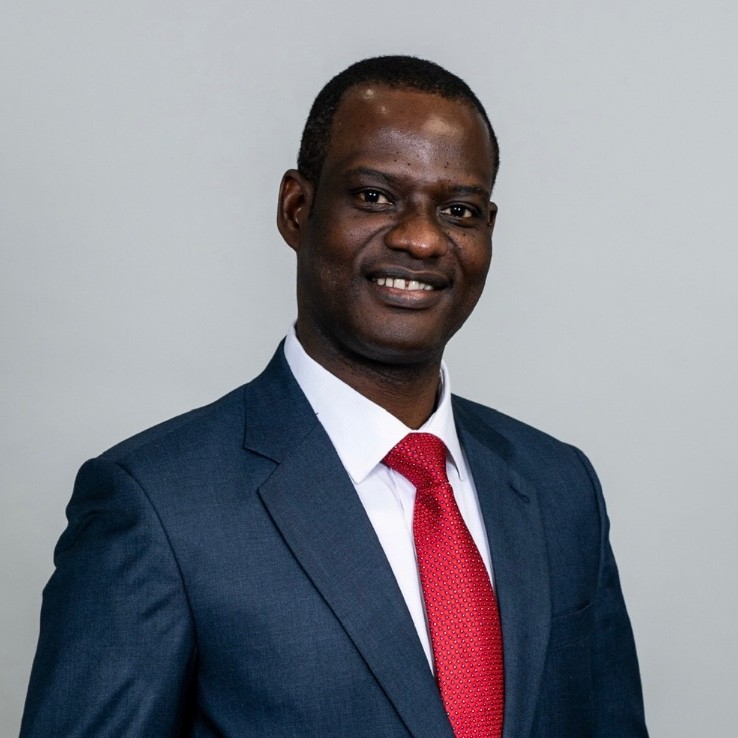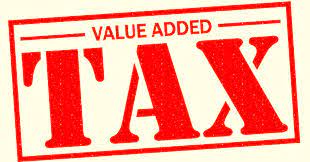In a significant boost toward fair and inclusive taxation, Taiwo Oyedele, the Chairman of the Presidential Committee on Fiscal Policy and Tax Reforms, unveiled the forthcoming tax law designed to protect Nigeria’s vulnerable poor and burgeoning small businesses. During an insightful appearance on Arise TV’s The Morning Show, Oyedele shared how the committee is diligently working to enhance the country’s revenue stream through taxes while ensuring that over 144 million Nigerians battling poverty are not further burdened.
Oyedele emphasized, “We aspire to enhance exemptions to shield vulnerable individuals and small businesses from undue tax pressures.” Recognizing the current scenario where an unjust tax load bears heavily upon the already distressed Nigerian population and struggling small enterprises, Oyedele highlighted the necessity of aiding these businesses for their survival.
He asserted, “The weight of tax compliance and government funding has disproportionately affected the economically disadvantaged, which is inherently inequitable. When we implemented the Voluntary Asset and Income Declaration Scheme (VAIDS), the vice president, acting as president at the time, publicly stated that 96 percent of income derived from personal income tax came from the wealthiest segment. The affluent do not contribute significantly.”
Discussing the nation’s tax-to-GDP ratio, Oyedele expressed his dissatisfaction with the reported 10.86 percent for 2021. Drawing from his extensive experience as a consultant with PricewaterhouseCoopers (PwC) spanning two decades, Oyedele vowed that his committee is committed to elevating this ratio, striving to achieve the government’s target of 18 percent within the next three years.
He explained, “As of the end of 2021, with the 2022 figures not yet available, Nigeria’s tax-to-GDP ratio stood at 10.86 percent. Comparatively, the average tax-to-GDP ratio across Africa is 16 percent; this average increases to 18 percent when Nigeria is excluded from the calculation. The question arises—why can’t Nigeria attain the continental average? It’s from this perspective that the 18 percent goal was derived. However, we’re not aiming to achieve this within just a year; such an endeavor would be unrealistic.”
Oyedele outlined a comprehensive approach to address tax collection gaps and bolster revenue generation. He spotlighted the multitude of levies and taxes collected by local governments in Nigeria, suggesting a shift towards a singular and effective property tax instead of the current 21 different levies and taxes. He elaborated that this transition could amplify revenue collection by a staggering tenfold.
“In the case of repealing multiple taxes—keep in mind that local governments currently manage 21 distinct levies and taxes despite their limited resources. Perhaps streamlining this to just one—property tax—could yield substantial outcomes, boosting their collections by tenfold from present figures.”
With these progressive strategies at the forefront, Nigeria’s path toward an equitable and empowered economic landscape shines brighter, fostering growth, sustainability, and prosperity for all citizens and businesses.









